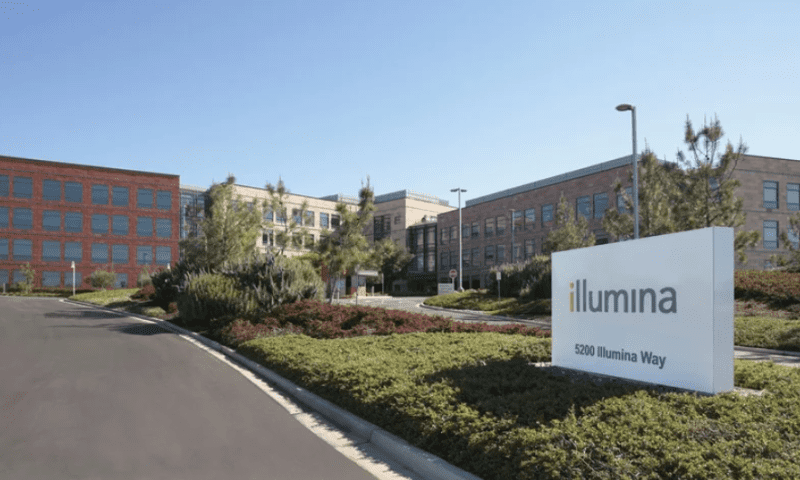An administrative law judge ruled in Illumina’s favor Thursday in the U.S. Federal Trade Commission’s (FTC’s) challenge to the DNA sequencing giant’s acquisition of blood test maker Grail.
The FTC filed its administrative complaint more than a year ago, in March 2021, a few months after Illumina laid out its plans to reacquire its former spinout. At the time, the agency argued that the multibillion-dollar merger would “diminish innovation” and smother competition in the development of multi-cancer early detection tests in the U.S.
To appease the anti-competition watchdog while still continuing its quest for Grail, Illumina pledged at the time to guarantee long-term sequencing technology access to all its existing clinical oncology customers and to lower its prices by at least 40% within four years.
With this week’s win, the judge has shut down the FTC’s complaints and sided with Illumina, which claimed that the acquisition would in fact inspire its competitors to develop fast-moving cancer-spotting tests of their own.
“As we’ve stated from the outset, this transaction is procompetitive, will advance innovation, lower healthcare costs and save lives. We are pleased that, after considering the evidence, the [administrative law judge] has reached the same conclusion,” Charles Dadswell, Illumina’s general counsel, said in a company announcement Thursday.
Even with the win against the U.S. agency, however, Illumina still faces an uphill battle abroad. Within weeks of the FTC’s complaint against the acquisition, the European Commission’s own watchdog committee began another probe into the proposed deal—despite Illumina’s protests of a lack of jurisdiction, since neither it nor Grail does any business in Europe.
The lawsuits on both continents were further exacerbated in August 2021, when Illumina made the bold choice to plow ahead with the acquisition. It finalized the $8 billion deal, asserting once again that there was “no legal impediment to acquiring Grail in the U.S.” and that the EU had no grounds to challenge the deal—a move that led the EU to tack on yet another investigation into the transaction.
It’s that pressure from across the pond that may still spell the end of Illumina and Grail’s whirlwind journey together. At the end of July, Reuters reported that the European Commission hadn’t been swayed by any of Illumina’s compromises or concessions, potentially setting up a permanent block on the deal.
And just last month, Illumina revealed that it has set aside nearly half a billion dollars to ready itself for the fines it may face from the commission. On top of that $453 million for “legal contingencies,” the company could also be forced to turn over up to 10% of both it and Grail’s annual revenues if they’re found guilty of violating the EU’s rule that companies wait for final approval before completing mergers and acquisitions.
With those financial concerns sending Illumina’s quarterly earnings into the red, CEO Francis deSouza admitted on an early August investor call that the company is considering all possible outcomes.
“There’s obviously a set of nodes on the decision tree that would lead us to either spinning out Grail because the regulatory process doesn’t go our way, or contemplate other forms of exits,” he said. But he added that even if such an exit were to occur, Illumina and other shareholders would be sure to provide Grail with enough funding to “set it up to be successful.”

